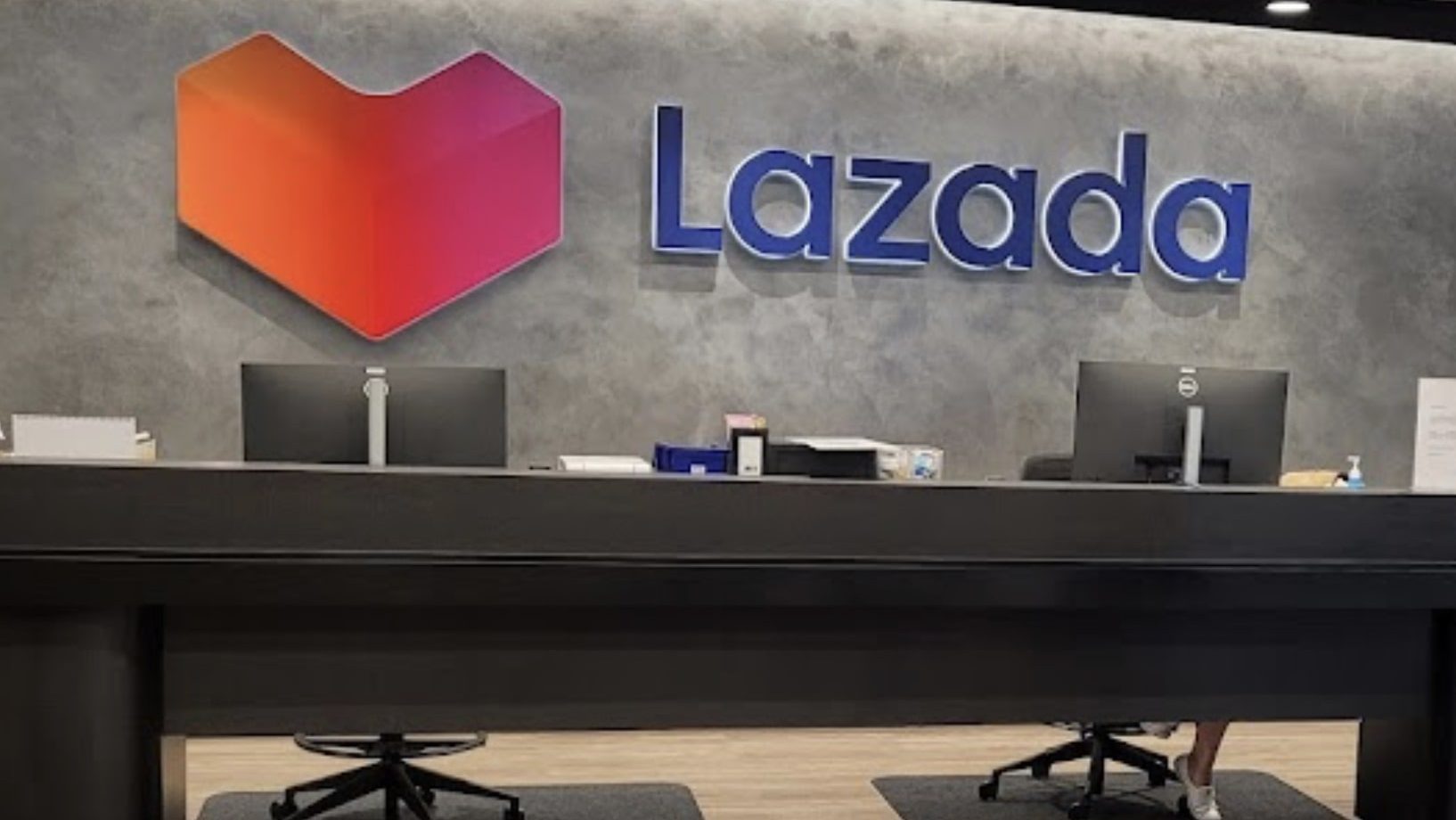Alibaba Group Holding Ltd’s Lazada is pursuing top European fashion brands such as Armani, Dolce & Gabbana, Ferragamo, Tod’s, and others to boost its standing against Asian rivals and hit its e-commerce sales target of US$100 billion (S$130.52 billion) by 2030.
This move comes as Lazada faces tough competition from rivals like Shopee, TikTok, and PDD Holdings Inc. in Southeast Asia.
According to The Edge Malaysia, Lazada executives met in Milan this week with founders and managers from over a hundred Italian brands keen to enter Southeast Asia through LazMall Luxury, a new platform for high-end products.
Bloomberg News reported that Chief Business Officer Jason Chen said some brands included Armani, Dolce & Gabbana, Ferragamo, and Tod’s.
As the Southeast Asian e-commerce market is projected to reach US$186 billion by 2025, Lazada is under pressure from competitors such as Sea Ltd’s Shopee, ByteDance Ltd’s TikTok, and PDD Holdings Inc.
TikTok and Shopee, in particular, have been competing for merchants and shoppers in Indonesia to Singapore.
Mr Chen said that Lazada is ready to enter a new phase of e-commerce, focusing on profitability, commercialisation, and long-term growth. “The current push to broaden our luxury segment will further fuel these efforts as we reinforce our brand positioning,” he added.
Lazada and AliExpress are key parts of Alibaba’s business outside China, now among its fastest-growing areas due to an economic downturn at home. With new management, Alibaba is concentrating on expanding in Asia to recover its position in the market.
One of Alibaba’s major regional competitors is SEA, which raised its retail sales forecast in August, suggesting it is gaining traction in that market.
According to Mr Chen, the high demand for luxury goods is crucial to Alibaba’s strategy.
Southeast Asia, India, and the Middle East are considered one of the fastest-growing markets for luxury items, particularly as China struggles with a slowing economy.
Mr Chen noted that, unlike its competitors, Lazada offers brands greater control over pricing and marketing. He pointed to Alibaba’s Tmall Luxury Pavilion, established in 2017 and currently hosting around 200 brands, as a model for Lazada.
He explained that when a company sets up its own online store on Lazada’s platform, it handles everything from pricing to logistics.
“This is particularly important for the fashion houses, which are keen to keep control of the entire selling process,” he added. /TISG
Read also: Lazada’s layoffs prompt questions on responsible retrenchment practices

